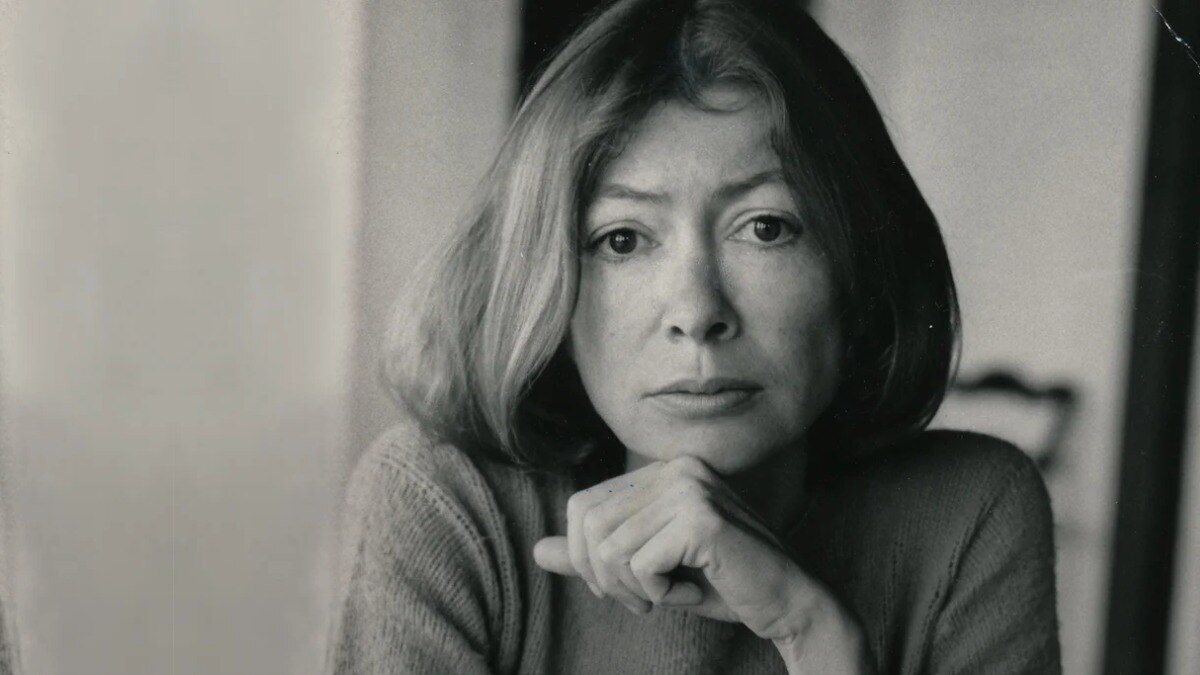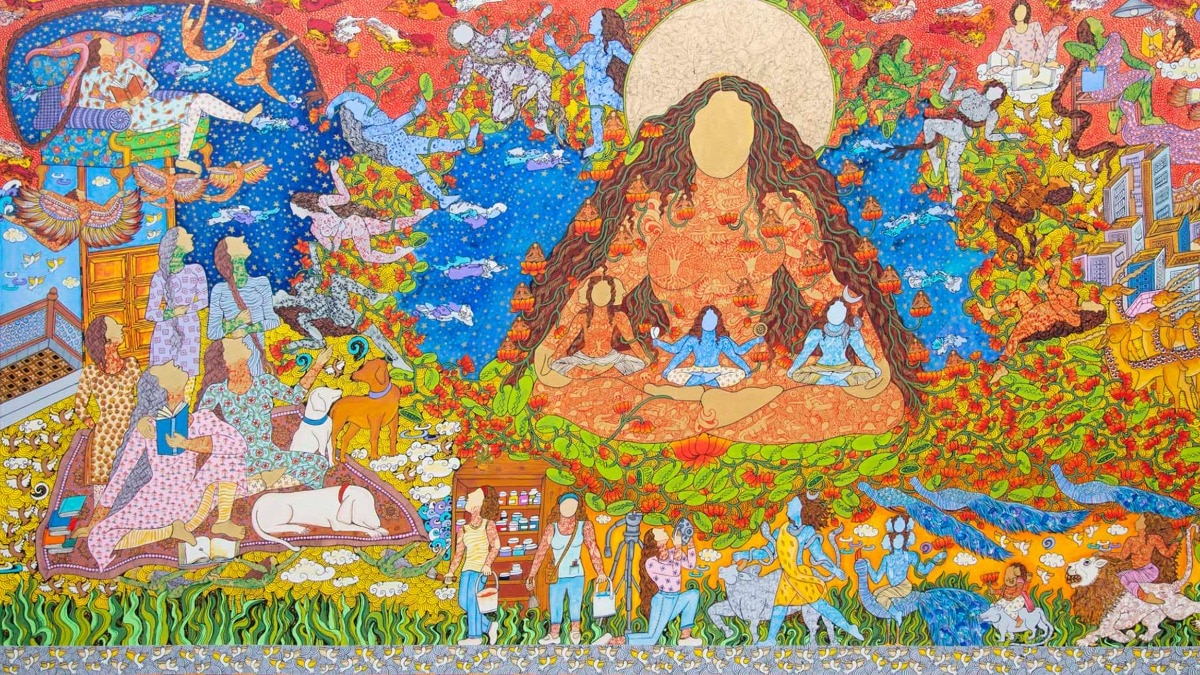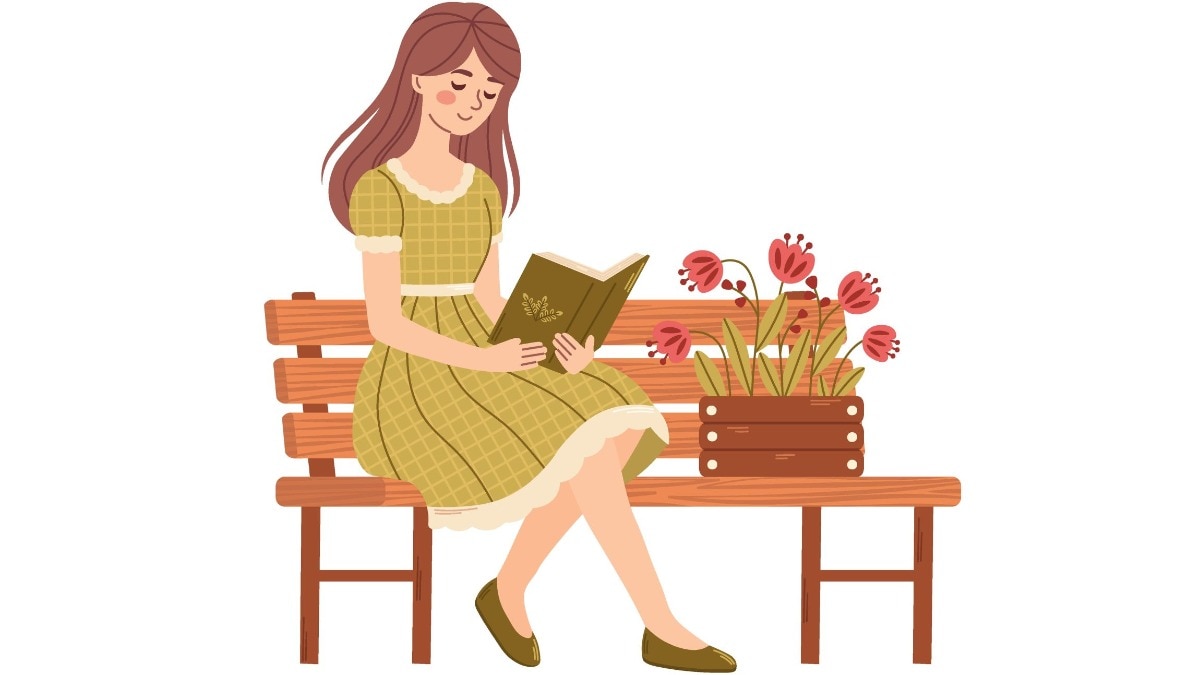
Joan Didion: A guide to five of her most influential books
An overview of the Didion books you'll revisit for the rest of your days.


Joan Didion inspired countless writers and readers to put pen to paper and write about the world as they see it. Her unique style, restrained yet honest, affecting yet never sentimental, is peerless. Famed for her incisive depictions of American life and personal journalism, she never wasted a word, nor a character. Her seminal essay for Vogue, On Self-Respect first published in 1961, was written not to a word count or a line count, but to an exact character count.
Didion's work chronicled the mood of the '60s, the highs and the lows, as well as the human experience in general—few writers have explored the subject of death and loss with as much insight, control or candour. Her skill lay not only in her style of prose, but her ability to astutely observe the behaviour of others. She saw what others missed.
"I’m not telling you to make the world better, because I don’t think that progress is necessarily part of the package," she said at UC Riverside commencement address in 1975. "I’m just telling you to live in it. Not just to endure it, not just to suffer it, not just to pass through it, but to live in it. To look at it. To try to get the picture. To live recklessly. To take chances. To make your own work and take pride in it. To seize the moment. And if you ask me why you should bother to do that, I could tell you that the grave’s a fine and private place, but none I think do there embrace. Nor do they sing there, or write, or argue, or see the tidal bore on the Amazon, or touch their children. And that’s what there is to do and get it while you can and good luck at it.”
Here, we celebrate five of her most influential books.
Slouching Towards Bethlehem, 1968

Although Slouching Towards Bethlehem wasn't Didion's first book (Run, River of 1963 was), it was the one that cemented her as a prominent writer. A collection of essays about California in the '60s, her work explores the beauty and the ugliness of the decade, from the hippy community of San Francisco's Haight Ashbury to a woman accused of murdering her husband. Considered an essential portrait of American life in the '60s, Slouching Towards Bethlehem received positive attention as soon as it was published and its fandom has only grown over the decades since.
The White Album, 1979

Another collection of essays, The White Album deals with the late '60s to late '70s and the aftermath of the former. She studies the Women's Movement, shares her psychiatric report, parties with Janis Joplin and visits Linda Kasabian, who served as a lookout while members of the Manson family murdered Sharon Tate, in prison. These diverse essays see Didion capture the anxiety of the era and try to make sense of the Manson murders, the event many believe caused the '60s to end abruptly.
Where I Was From, 2003

Didion revisits the California she grew up in, specifically Sacramento County where she lived with her family, but also the state more generally. She questions the history she was taught, debunks Californian mythology and traces her ancestors and their journey moving west. She writes candidly about her upbringing, while exploring class issues with nuance. Where I Was From is one of Didion's lesser-known books, but shouldn't be.
The Year of Magical Thinking, 2005

Written in the aftermath of her husband's sudden death, The Year of Magical Thinking is an account of loss and grief—and the ways in which it can drive us to insanity. Hers was one of the first books to talk about bereavement beyond funerals, tracking the days and months that follow with her signature detachment. She writes about her own 'magical thinking'—how she can't bring herself to get rid of her husband's shoes because she thought he might need them when he returns. It sounds like pure misery, but Didion's deadpan tone impressively stops it from being so.
Blue Nights, 2011

Just a month before The Year of Magical Thinking was published, Didion's daughter, Quintana died of acute pancreatitis, aged 39. Blue Nights—a devastating account of her daughter's life and death—challenges how much tragedy one person can take. She laments over the passage of time and worries about growing older, lonelier. This is a heartbreaking tome, but solace for anyone who has ever faced the incomparable loss of losing a child.
Feature Image: joandidion.org
This article originally appeared in harpersbazaar.com/uk in December 2021
Also read: All the new reads to bookmark this June
Also read: Five books that explore the concept of ‘beauty’ and the intricate dynamics at play










